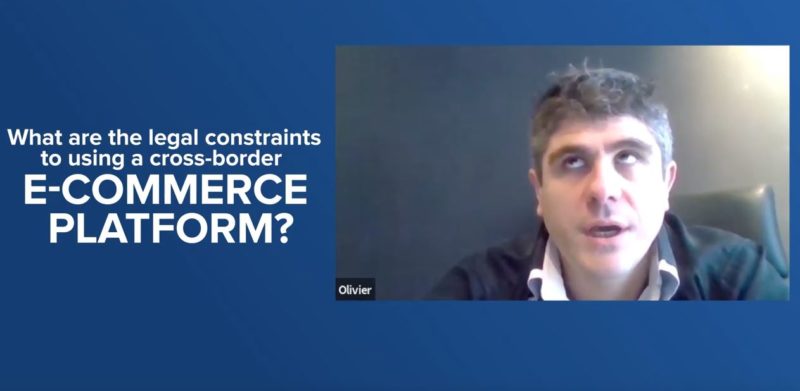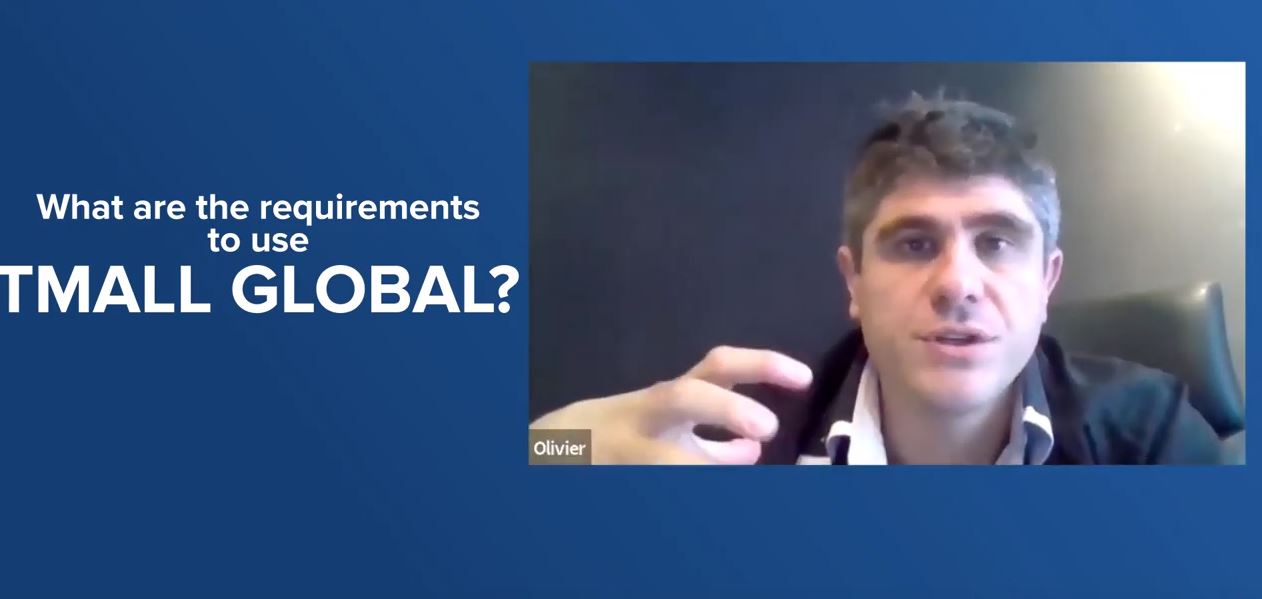Daxue Talks transcript #4: The difference between cross-border and e-commerce businesses in China
Find here the Daxue Talks episode 4. Learn in 2-5 minutes the latest updates about the difference between cross-border and e-commerce businesses in China.
Full transcript below:
I am Olivier Vérot, the founder of the Gentleman Marketing Agency (GMA). We are a digital marketing agency focused on performance, and we are based in Shanghai.
- What are the legal constraints to using a cross-border e-commerce platform?
You need to understand two things, number one is a cross-border business. The cross-border business is like if you don’t have a Chinese business license if you no have a business in China, you can set it directly to China. So, it really depends on the industry. I’ll give you an example if you are importing normal goods you don’t need to have a business license; but if you are importing something like food or drugs, then you need to have importers who can be warranted for your business here. That is a new rule that is coming. If you have a Chinese business license, if you have a company here, so it means you import the product and it is not really a cross-border business but it is an e-commerce business in China. So, you are importing the product, do the customs clearance, your products are available in China, you have the legal rights to do this, and after you can send it directly to a consumer.

2. What are the requirements to use Tmall Global?
What are the requirements to enter Tmall Global? I want to answer this question first. Because Tmall Global is very selective and rejects a lot of brands… you need to understand that Tmall Global is a big shopping mall online, so it is for medium and high brands, not for the low-level brands. Thus, they prefer to have medium and high-end products that are not from China, and they want or expect that brands have a minimum of awareness to be there. Because they expect that brands will drive traffic, there are people who are searching for a platform to buy something. So they ask brands to have a minimum of 100 physical stores (depends on the country) where the product is, a certain level of turnover depends on the industry but smaller brands are not, basically, excepted. A certain level of awareness, how they check it, they will check on the different social media, they will check Baidu, RED, Wechat, to see if there are people who are speaking about this product. Tmall also has special data because they have data from Taobao, so they know what is a demand for the product on their own platforms. They want to accept mainly the brand that has a minimum demand on the platform and on the other one, they will tell them to basically to work on their awareness.
I would like also to add one new thing that is totally new, it is about Tmall merchants. They launched a new platform to let brands try. It is a 3-months trial as we know and brands can basically a partnership with Tmall and Tmall will do a buzz to let them try the market first. Many brands are allowed to engage for one year, so they develop this 3-months trial and they will basically like take part of the goods and brought catalog on the platform and see if it works.
3. So there are no fees for Tmall Global?
No, you have fees, of course. You have fees and also you need to give some products to Tmall. Right now the conditions are not very clear because it is new. And also for every cross-border business, it will really depend on the industry. If you deal with diamonds, it is totally different from mass-market consumption. So there are clear categories and rules for each product. And even inside of Tmall, they have a special team divided by industry, so all the kind of like leaders of industry have different rules and requirements from the platform. For example, with the cosmetics they are a little bit more strict but if you take other things like the food they are more open. And it also depends on the country. So, for instance, if they already have a lot of vitamins and healthy permanent brands from Australia, they will be more limited for the new brands coming from this country; but if you’re from Europe and there are fewer vitamins and brands they will be more willing to accept this kind of platforms.
Daxue Talks is a show powered by Daxue Consulting, a china-based strategic market research company founded in 2010! With Daxue Talks, you will stay up to date with all the latest business updates in China.















